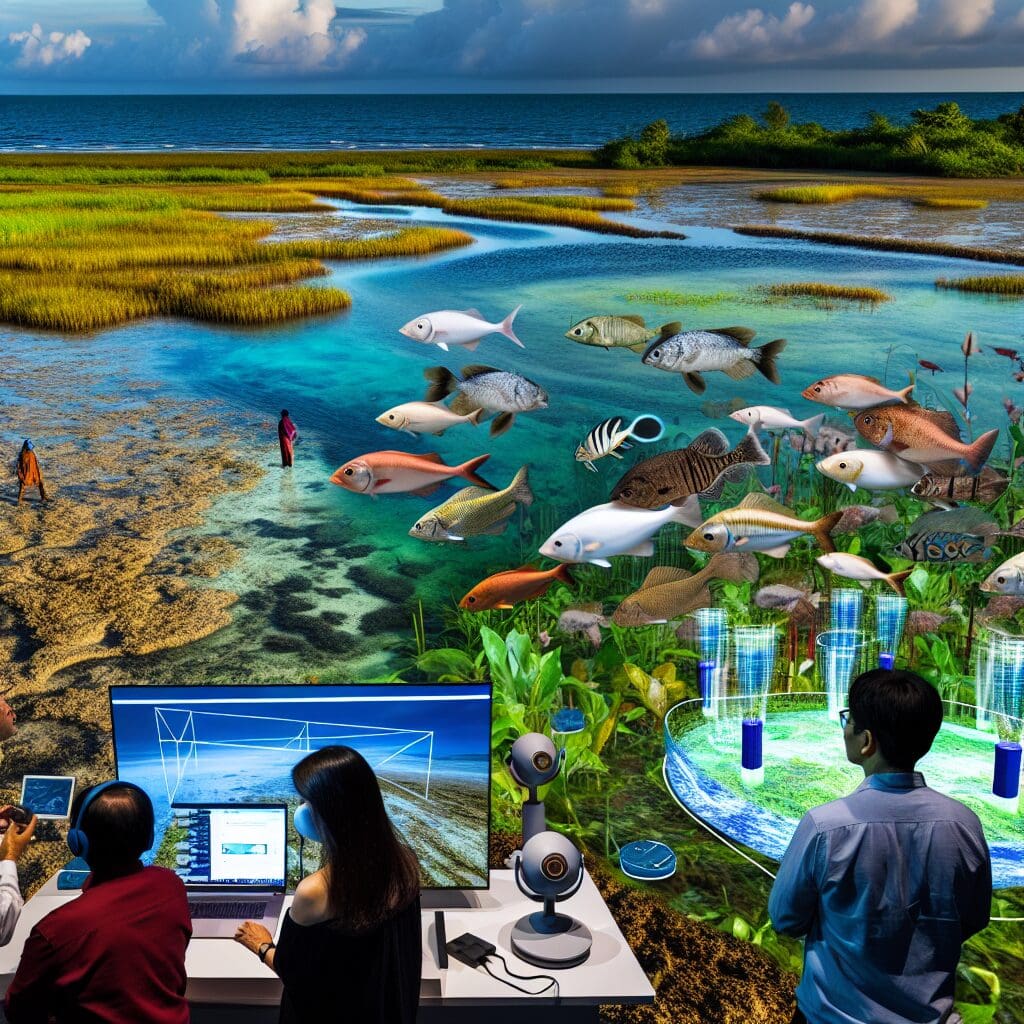In an age where rapid advancements in digital technologies and artificial intelligence (AI) are reshaping various sectors, marine ecosystem management sees a promising transformation through initiatives like DIGI4ECO. This innovative program effectively utilizes digital tools to enhance marine restoration efforts, particularly in areas heavily depleted of fish resources.
DIGI4ECO’s approach involves sophisticated ecological monitoring that operates in four dimensions—spatial and temporal analysis of marine environments. By creating a digital twin of the ecosystem, stakeholders can simulate and predict the outcomes of different restoration strategies. This method not only improves understanding of the marine environment but also optimizes resource allocation and restoration efficacy.
One of the standout features of DIGI4ECO is its commitment to sustaining fish populations in degraded areas. By using AI algorithms, real-time data is processed to provide actionable insights for fishermen, policymakers, and environmentalists alike. For example, when fish population data indicates an area is overfished, immediate alerts are sent to local fishermen, allowing them to adjust their practices sustainably.
Furthermore, this initiative doesn’t just focus on current ecosystems; it also emphasizes future sustainability. The 4D ecological monitoring allows for the tracking of restored areas over time, ensuring that recovery efforts are not only effective but also enduring. This form of technology-driven oversight can prove crucial in mitigating the impacts of climate change on marine biodiversity.
In essence, DIGI4ECO represents a significant step forward in marrying technology with environmental science. As the global community grapples with the effects of overfishing and climate change, such innovative solutions are essential for securing the future of our oceans. By fostering collaboration among technologists, ecologists, and local communities, DIGI4ECO holds the potential to reshape marine management practices for generations to come.












